RESEARCH GOALS

- Identify, explain, and quantify the interactions and tradeoffs among the coastal community goals of economic prosperity and resilience to hazards.
- Develop methods to model long-term hurricane hazards in a way that accounts for changing coastal conditions and integrates wind, rain, storm surge, and wave hazards.
- Develop a computational tool to help design policies that can achieve sustainable economic prosperity and coastal resilience in the context of changing coastal conditions.
Break the Cycle of Repeated Hurricane Disasters
CORE UNIVERSITIES


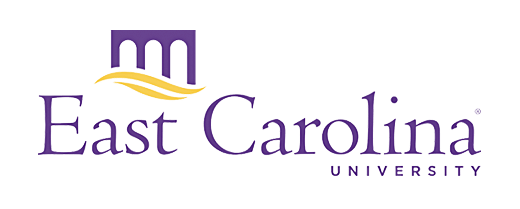
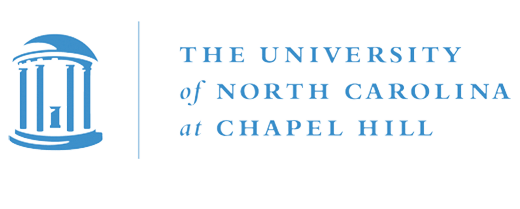
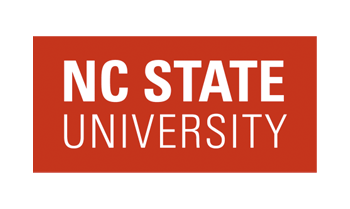

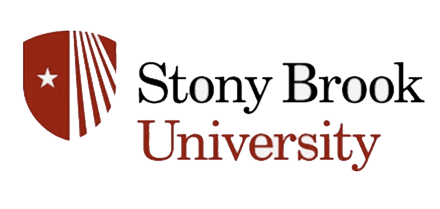

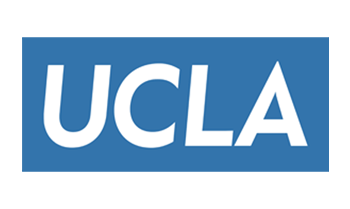


LATEST NEWS AND INSIGHTS

Atmos: Hub Researcher Offers Expert Advice on Pet Safety During Disasters
In this ATMOS feature, Sarah DeYoung, leader of the Hub’s households thrust and expert in pet evacuation during disasters, offers insight and instruction on protecting pets from extreme climate events and disasters.

Bloomberg: CHEER PI Reflects on AI and Insurance Risk Predictions
In this Bloomberg article, CHEER PI Rachel Davidson comments on the future of AI technology in predicting climate risks and its impact on the global insurance market.

David Prevatt Delivers Distinguished Lecture in Washington, D.C.
Prevatt, a 2024-2025 Jefferson Science Fellow, delivered his address in Washington, D.C. as a part of the National Academy of Sciences’ distinguished lecture series. He focused on a key question: How can the government better protect American diplomats from high-speed winds?

Atmos: Hub Researcher Reflects on Pet Evacuation Policy 20 Years After Katrina
Sarah DeYoung, leader of the Hub’s households thrust and expert in pet evacuation during disasters, joins a medley of experts commenting on the Pets Evacuation and Transportation Standards Act of 2006, a federal law passed after Hurricane Katrina, in this Atmos feature.
Research
Advance knowledge related to regional hurricane risk and the system to manage it
Education
Engaging research and professional development opportunities for undergraduate students, graduate students, and postdocs
Thrust Areas
Research areas relate to hazards, buildings, households, government, economy, and the integration of all of them
Partners
We work with university, community, practitioner, research, and education partners
Contact Us
If you need further assistance or have a specific request, please fill out the form below.

